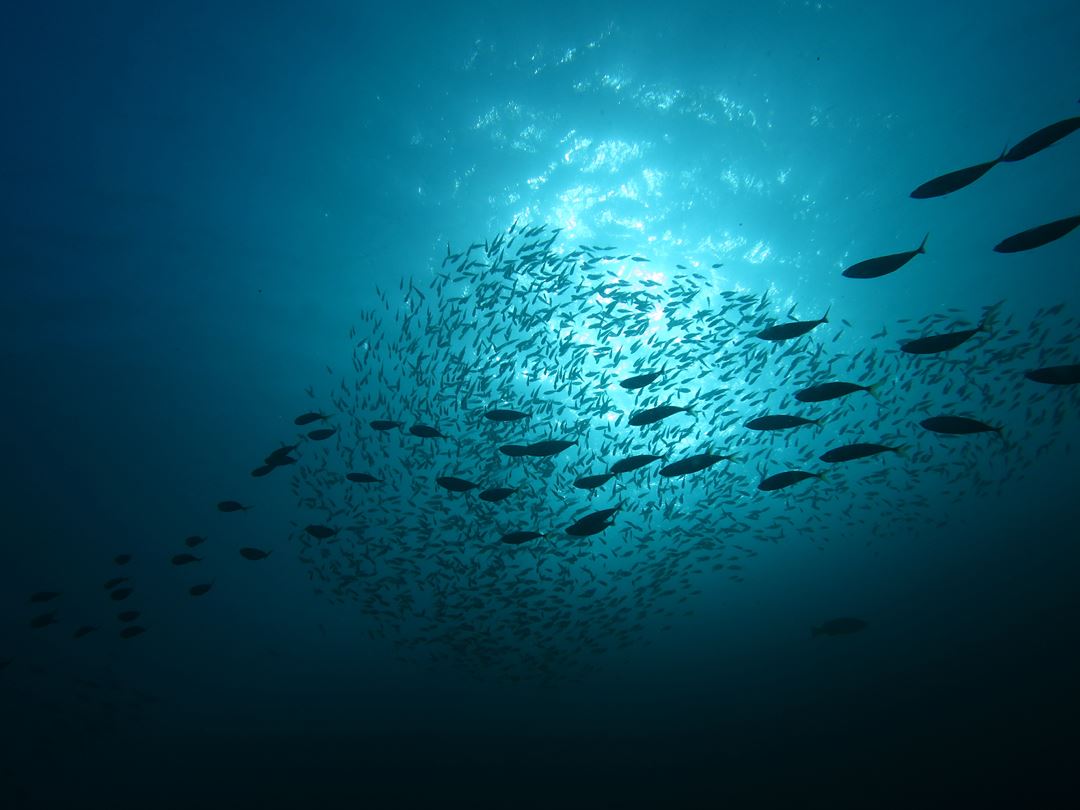The BBNJ treaty is a new international legally binding instrument (ILBI) under the United Nations Convention on the Law of the Sea (UNCLOS), aimed at the conservation and sustainable use of marine biodiversity in areas beyond national jurisdiction (BBNJ).
The current regime governing Areas Beyond National Jurisdiction these areas – owned by none – and all - has resulted in overutilization of fisheries resources and patchwork attempts to regulate resource extraction. Intact with resource extraction needs and technological developments, many states are looking to expand resource extraction in these areas' resources, creating pressures to regulate these activities to protect biodiversity. As a result, since 2004, the United Nations has been holding preparatory meetings to lay the groundwork for a new international legally binding instrument (ILBI) to address the gaps left by UNCLOS.
The main aim of these treaty negotiations, that officially have been taking place since 2018, but where the talks started already in 2004, are to come to agreements on these four thematic areas: 1) Marine genetic resources (including benefit sharing), 2) area-based management tools (including MPAs), 3) environmental impact assessments, and 4) capacity building and technology transfer.
What does SINTEF do?
SINTEF has expertise in political science and international relations. We work both a theoretical and practical levels on delegation of power at local, national and global levels, and how institution develop to collectively become the global governance of common resources. Our ambition is to use this knowledge to follow the development of new and existing regimes and assess the roles of the involved actors intact with large global challenges both in terms of climate and nature.
SINTEF has followed the BBNJ negotiations actively since 2017 through participation in the negotiations at the UN building in New York, using event ethnography as a methodology along with in-depth interviews. We are coding the negotiations and developing a searchable database that will be published at the end of the final round of negotiations.
Articles:
- The Role of Humanity's Responsibility towards Biodiversity - https://www.taylorfrancis.com/chapters/edit/10.4324/9780429266317-26/role-humanity-responsibility-towards-biodiversity-rachel-tiller-elizabeth-nyman-elizabeth-mendenhall-elizabeth-de-santo
- Stuck in the middle with you (and not much time left): The third intergovernmental conference on biodiversity beyond national jurisdiction - https://www.sciencedirect.com/science/article/pii/S0308597X19308334
- Wealth blindness beyond national jurisdiction . https://www.sciencedirect.com/science/article/abs/pii/S0025326X19309658
- A soft treaty, hard to reach: the second inter-governmental conference for biodiversity beyond national jurisdiction - https://www.sciencedirect.com/science/article/abs/pii/S0308597X19303094
- Protecting biodiversity in areas beyond national jurisdiction: An earth system governance perspective - https://www.sciencedirect.com/science/article/pii/S258981161930028X
- The once and future treaty: towards a new regime for biodiversity in areas beyond national jurisdiction - https://www.sciencedirect.com/science/article/pii/S0308597X18307048

